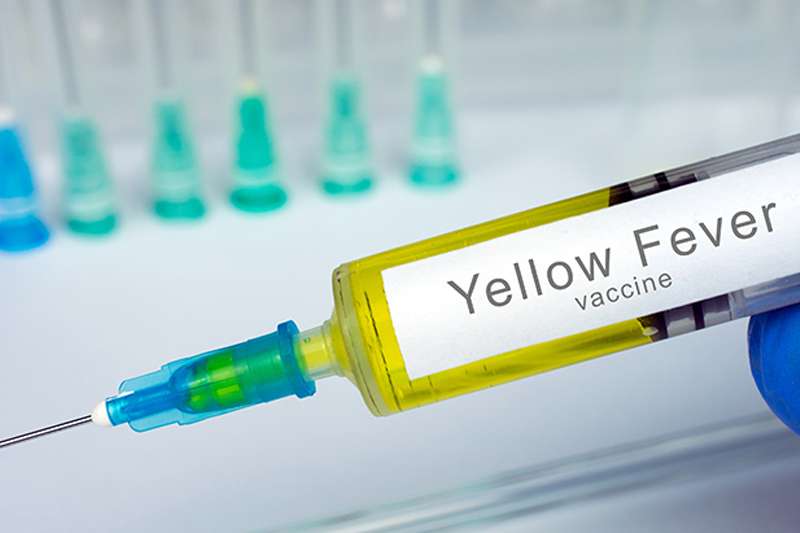By Iyemah David
The Nigeria Centre for Disease Control and Prevention (NCDC) has said that as with cholera outbreak, cases of yellow fever also increase during rainy season.
The Director-General of the centre, Dr Jide Idris, told newsmen in Abuja that yellow fever, a viral infection transmitted by infected mosquitoes, also pose significant health risks.
According to him, the spike in yellow fever incidents can largely be attributed to heightened mosquito activities, as these insects are primary vectors for the disease
He said yellow fever is an epidemic-prone, vaccine-preventable disease caused by an arbovirus transmitted to humans primarily through the bite of infected Aedes and Haemagogus mosquitoes.
He added that the incubation period ranges from three to six days.
He explained that “many people do not experience symptoms, but when they occur, the most common are fever, muscle pain with prominent back pain, headache, loss of appetite, and nausea or vomiting.
“In most cases, symptoms disappear after three to four days.”
The NCDC boss said that a small percentage of cases progressed to a toxic phase, with systemic infection affecting the liver and kidneys.
“These individuals can have more severe symptoms like high-grade fever, abdominal pain with vomiting, jaundice, and dark urine, caused by acute liver and kidney failure.
“Bleeding can occur from the mouth, nose, eyes, or stomach. Death can occur within seven to 10 days in about half of cases with severe symptoms,” he said.
He also said that yellow fever is preventable through vaccine, which is safe and affordable.
He noted that “a single dose of yellow fever vaccine is sufficient to grant sustained immunity and life-long protection.
“A booster dose of the vaccine is not needed. The vaccine provides effective immunity within 10 days for 80-100 per cent of people vaccinated, and within 30 days for more than 99 per cent of people vaccinated.”
The NCDC boss, however, explained that implementing effective mosquito control measures could substantially reduce the risk of yellow fever infection.
He said stagnant water served as breeding ground for mosquitoes and advised that people should regularly clean their surroundings to eliminate breeding space for mosquitoes.
“Water containers are essential for many households, but they can also be breeding sites for mosquitoes if left uncovered. Always keep them sealed.
“When outdoors, especially during peak mosquito activity times (dusk and dawn), wear long sleeves and pants to reduce the risk of mosquito bites,” he said.
He noted that by following preventive measures, communities could better protect themselves from yellow fever during rainy season.
Dr Idris also said that NCDC had continued to monitor reports of yellow fever cases in Nigeria, with a total of 600 suspected cases reported from 272 local government areas across 36 states, and the FCT in 2023.
“Cases were reported from Abia (8), Adamawa (7), Anambra (13), Bauchi (70), Bayelsa (2), Benue (10), Borno (30), Cross River (3), Delta (12), Ebonyi (4), Edo (3), Ekiti (10), Enugu (30), FCT (2), Gombe (7), Imo (8), Jigawa (53), Kaduna (11), Kano (6), and Katsina (88).
“Others were Kebbi (27), Kogi (6), Kwara (7), Lagos (4), Nasarawa (13), Niger (18), Ogun (13), Ondo (22), Osun (2), Oyo (9), Plateau (33), Rivers (6), Taraba (19), Yobe (8) and Zamfara (26).”
He said that four presumptive positive cases were reported at the National Reference Laboratory (NRL) Abuja and University of Nigeria Teaching Hospital (UNTH) Enugu.
“These cases were reported from Katagum in Bauchi State (2) and Udenu in Enugu State (2),” he said.
He, however, said that no deaths were recorded from suspected cases in the November 2023 report.




